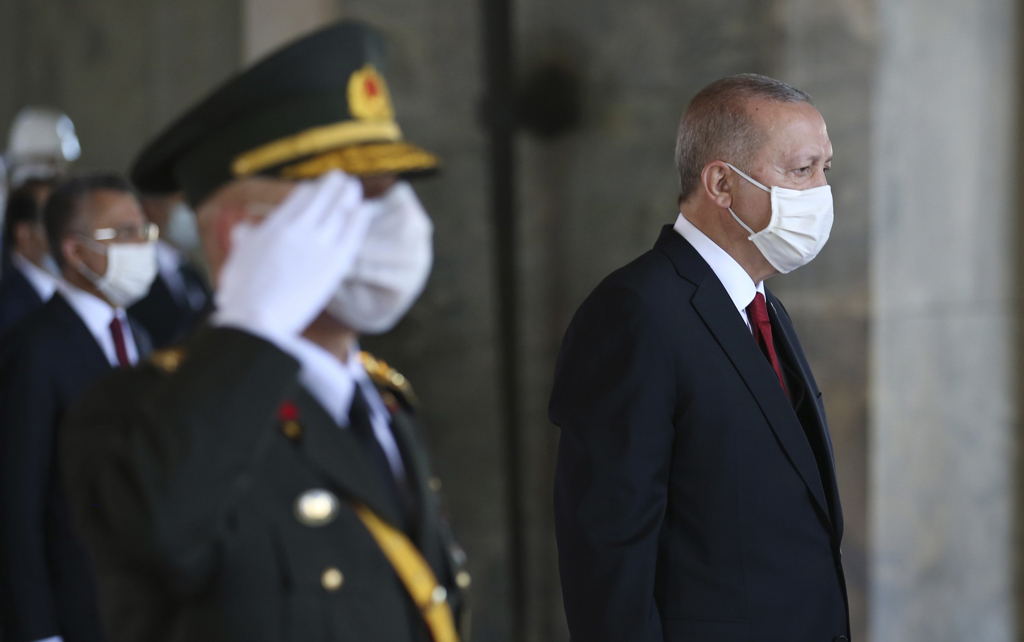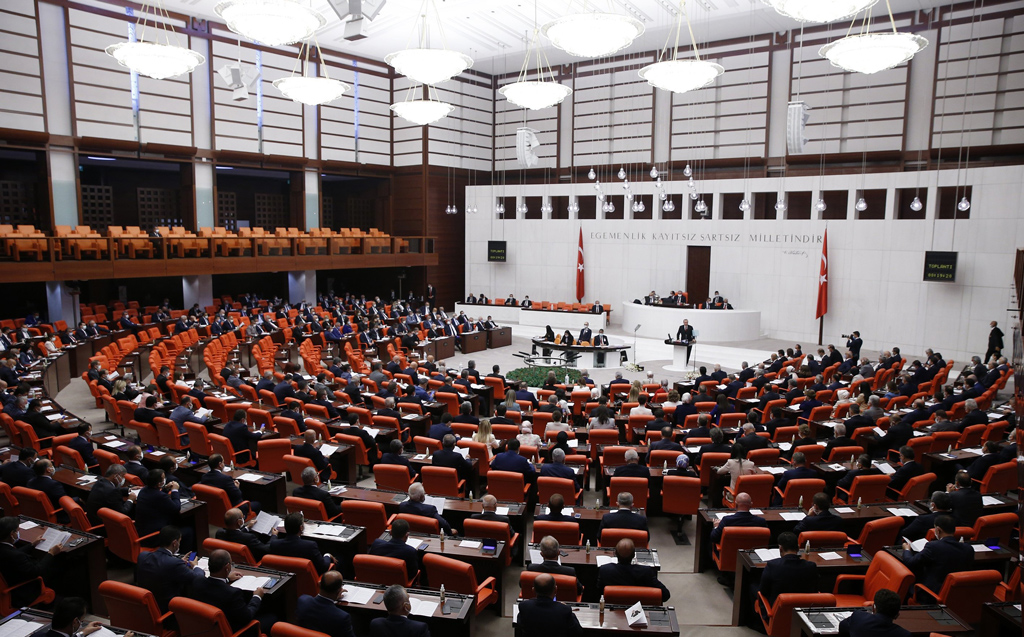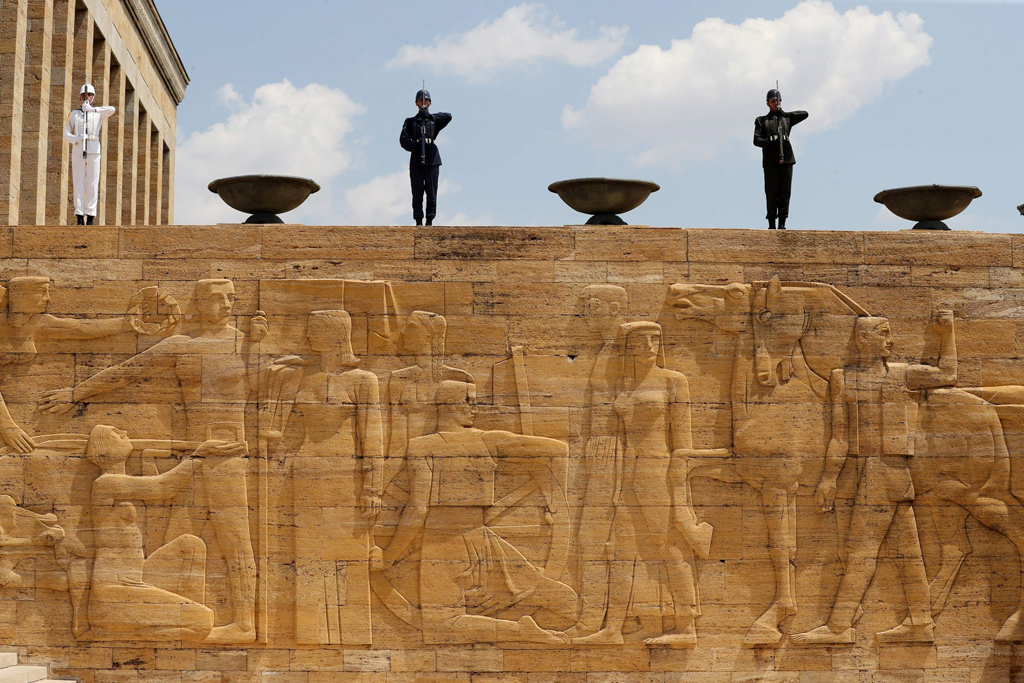Turkish voters will cast their votes on the June 7th general elections after having voted in a series of elections (local and presidential) last year. Several opinion polls conducted by different companies suggest that this election will be very tight both for the opposition parties and for the ruling party and it is difficult to predict the outcome of the elections based on these polls. The novelty of this election is the fact that for the first time, the Kurdish party HDP has decided to run for the elections as a party rather than with independent candidates. In order to send its candidates as MPs to parliament, HDP has to pass the 10% national electoral threshold. Yet no Kurdish party in Turkish history has ever reached 10% of the votes in general elections. Only in the 2014 presidential elections did the HDP candidate Demirtaş receive 9.76% of the votes by gaining support from other opposition parties voters, who were unhappy with their parties’ decision to support Ekmeleddin İhsanoğlu as a joint candidate.
The opinion polls conducted by different reliable companies suggest that the HDP will get between 9-11% and AK Party between 44-46% of the votes. Based on these calculations one might say that there are two different scenarios for the aftermath of the elections. It is pretty clear that if HDP passes the 10% threshold it will be impossible for the AK Party to gain the necessary 330 seats in parliament for a change in the constitution. However, if the HDP does not pass the electoral threshold, the outcome for parliament would be completely different. In this case, the AK Party will gain more than 330 seats, which will provide it with the necessary mandate to write a new constitution and introduce the presidential system in Turkey. Yet even in this case the AK Party has to hold a referendum since it would not have two-thirds majority (376 seats out of 550), which would allow a unilateral change of the constitution. Yet in both scenarios there is no doubt that the AK Party will get an absolute majority, meaning more than 276 seats.
The question of a new constitution in Turkey is as old as the current constitution itself, which was drafted by generals after the 1980 coup and therefore lacks legitimacy. This also explains why it was amended 17 times in three decades and yet remains full of inconsistencies. Today, there is an overall consensus about the need of a new constitution in Turkey and there have been many unsuccessful attempts to write a new civil constitution which were blocked by the lack of a culture of consensus democracy in Turkey. The conciliation commission for a new constitution, established in the Turkish parliament in which all parties were equally represented regardless of their seats, did not produce any results after years of negotiations. However, this does not change the fact that Turkey needs a new civilian constitution. It is thus highly likely that the AK Party will attempt to change the constitution if it gets the required majority in parliament. AK Party might also collaborate with other parties in certain areas, yet even if it forges ahead alone it might still have a chance in a referendum since in previous referendums about constitutional amendments, the overall majority of the population supported AK Party’s initiatives.
Turkey might also continue with the current constitution and still survive, yet there are more vital issues that need to be addressed. The debate around the presidential system has recently become an acute problem of Turkish democracy. Presidential elections have always been a controversial issue in Turkish politics because the 1982 constitution designed the presidential office as the last bastion of Kemalism. Unlike other parliamentary democracies, the presidential office does not represent a symbolic authority in Turkey and has wide-reaching power in many areas such as appointing rectors of universities and judges in the higher judiciary. Therefore elites in the military and civilian bureaucracy were keen to con









